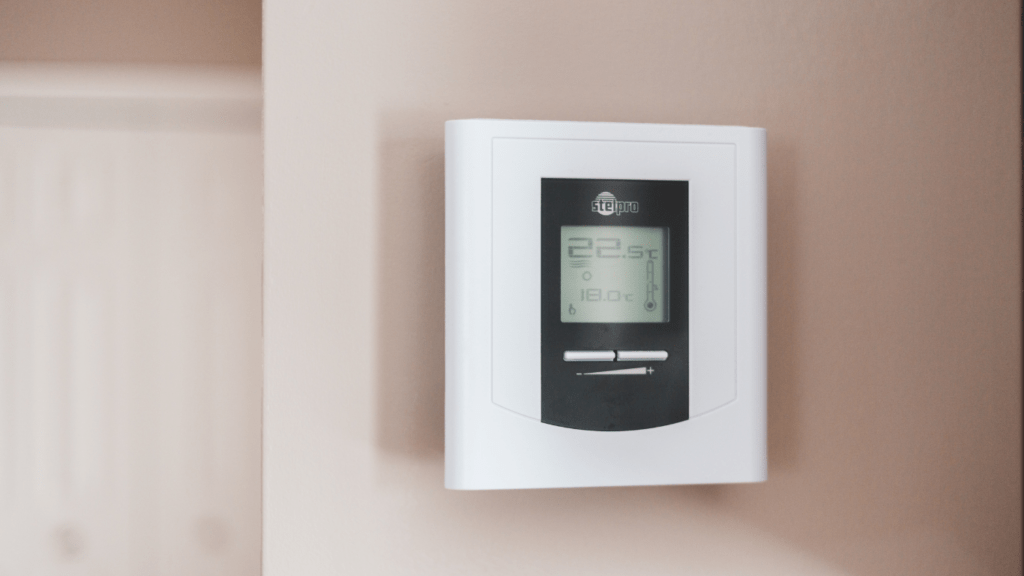Anyone who’s ever walked into a messy room and immediately felt irritated or anxious already has a sense of how a clean space affect your mood mrshomegen. Clean, organized environments aren’t just visually pleasant—they can actively influence your emotional and mental well-being. If you’re curious to dig deeper, this essential resource breaks it down further: this essential resource.
The Psychology Behind Clean Spaces
Our brains are constantly processing stimuli. Clutter competes for attention, which can lead to cognitive overload. When your environment is disorganized, your mind often mirrors the chaos—heightening stress and anxiety. It’s not just a feeling; research backs it up. A study from UCLA’s Center on Everyday Lives and Families found that people (especially women) who live in cluttered spaces tend to have higher levels of cortisol, the stress hormone.
A clean space, on the other hand, provides cognitive clarity. When there’s less visual noise, it’s easier to think, make decisions, and feel in control. That sense of order offers a powerful grounding effect, especially in a world that feels anything but predictable.
Boosting Motivation Through Cleanliness
Have you ever noticed how you feel more energized in a tidy room? That’s no coincidence. Clean environments naturally promote productivity. With less clutter, distractions dwindle. You’re also more likely to feel a sense of accomplishment from completing cleaning tasks, which can boost dopamine levels—the brain’s reward chemical.
Routine cleaning can even act as a form of low-intensity exercise, increasing blood flow and giving your body a physical lift. As a result, your mood improves along with your desire to get things done. Simply put: cleaning generates momentum, and momentum builds motivation.
The Emotional Comfort of Order
Clean spaces often come with emotional safety. Whether it’s a neatly made bed, clear countertops, or vacuumed floors, these visuals of order create an environment that feels under control—even if the outside world isn’t.
This control and predictability have emotional perks. It’s comforting to know there are things we can manage. Creating that control within your own walls can reduce feelings of helplessness. It reassures the brain that you’re in a safe place. That’s a foundational idea behind how a clean space affect your mood mrshomegen—it gives your mind a place to rest, not race.
Clean Environments and Sleep Quality
Sleep and mental health are deeply connected. And your sleep environment plays a major role. A cluttered, dusty bedroom doesn’t exactly set the scene for restful slumber. Studies have found that people who make their beds every morning are more likely to get a good night’s sleep compared to those who don’t.
Clean sheets, fresh air, and a tidy nightstand may seem small, but they make a huge difference. Your brain associates your bedroom with rest. The fewer the distractions, the more effective that mental connection becomes. This is another way in which how a clean space affect your mood mrshomegen—by improving both quality and consistency of sleep.
Improved Social Interactions
Whether you live alone or with others, the state of your home environment impacts your social life. People often feel embarrassed or stressed when guests come over and the place is a mess. That anxiety filters into your interactions.
By maintaining a clean space, you eliminate that layer of social tension. You’re more likely to invite people over, enjoy their company, and connect meaningfully—without worrying over dirty dishes or piled-up laundry. Clean spaces give you the mental bandwidth to actually be present in conversations, not distracted by your to-do list.
Encouraging Healthy Habits
There’s a ripple effect. People living in clean spaces are more likely to follow through with other healthy behaviors—like exercising, cooking at home, or meditating. One reason? Fewer distractions make it easier to focus on your goals. Another? You feel more inspired when your environment reflects the effort you want to give to other aspects of life.
If you’re slogging through your day in a mess of laundry and junk mail, it’s harder to find the motivation to prep a salad or go for a walk. But if your space is clean, it works like positive reinforcement. You’re already “in motion,” making it easier to stay in motion.
Start Small, Feel Big
Feeling overwhelmed? Start small. Make your bed. Toss yesterday’s coffee cup. Clear your desk. Don’t shoot for perfection. Consistency wins every time. Commit to cleaning for 10 minutes a day, and you’ll be shocked by how much lighter your mind will feel.
Even small changes can spark big emotional returns. You’re not just tidying your home; you’re giving your brain the environment it needs to thrive. That’s the simple but powerful truth behind why and how a clean space affect your mood mrshomegen.
Final Thoughts
Cleanliness may sound mundane, but it’s quietly powerful. Far beyond aesthetics, it holds the ability to improve your mental clarity, boost your mood, and reinforce healthy routines. There’s a direct correlation between how a space looks and how you feel in it—and you’re in control of both.
If your goal is to live with more peace, energy, and clarity, don’t overlook your environment. In the end, a clean space isn’t about being perfect—it’s about giving yourself the best chance to feel good, inside and out.



